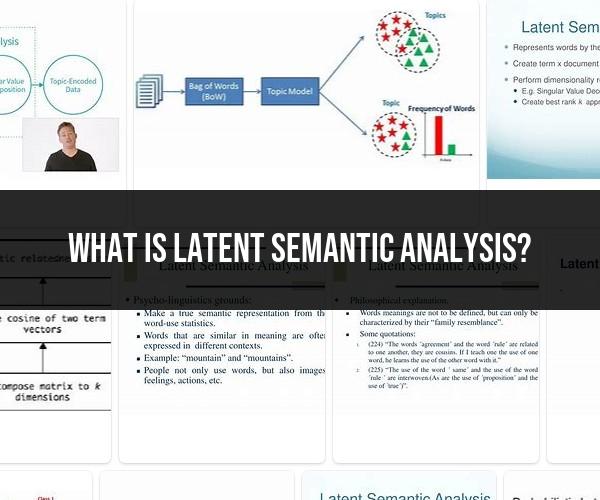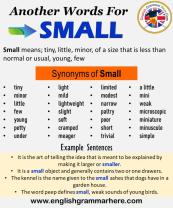What is latent semantic analysis?
Latent Semantic Analysis (LSA) is a natural language processing (NLP) technique used to uncover the underlying relationships between words and documents. It is a mathematical method that enables the extraction of latent, or hidden, semantic structures from a large corpus of text. By understanding the context in which words appear, LSA can represent words and documents in a reduced-dimensional space, facilitating various NLP applications.
How Latent Semantic Analysis Works
LSA is based on the idea that words that appear in similar contexts tend to have similar meanings. It begins by creating a term-document matrix that captures the frequency of words in documents. Then, LSA applies singular value decomposition (SVD) to this matrix to reduce its dimensionality. The resulting lower-dimensional space, also known as the semantic space, uncovers the latent relationships between words and documents, grouping together those with similar meanings.
Applications of Latent Semantic Analysis
- Information Retrieval: LSA can improve search engines by matching user queries with relevant documents based on semantic similarity rather than exact keyword matches.
- Document Clustering: LSA can cluster similar documents together, enabling better organization and categorization of large text collections.
- Text Summarization: LSA can be used to generate concise summaries of long documents by extracting the most important and representative sentences.
- Topic Modeling: LSA can identify latent topics present in a collection of documents, aiding in understanding the main themes across the text corpus.
- Recommendation Systems: LSA can assist in building recommendation systems by identifying items with similar semantic content for users.
- Sentiment Analysis: LSA can be utilized in sentiment analysis tasks to understand the overall sentiment expressed in a set of documents.
Limitations of Latent Semantic Analysis
While LSA is a powerful technique, it has some limitations. One major drawback is its inability to capture word polysemy (multiple meanings) and word sense disambiguation. Additionally, LSA relies on a linear combination of terms, which might not fully capture the complex relationships between words.
Despite its limitations, Latent Semantic Analysis remains a valuable tool in the field of natural language processing, providing insights into the semantic structure of text and enabling a wide range of applications.













